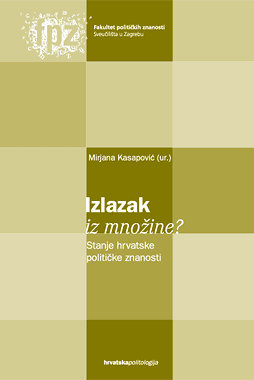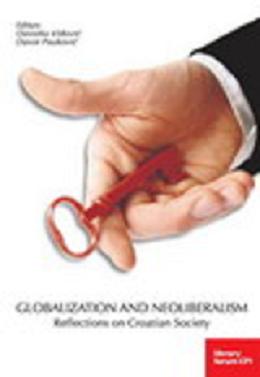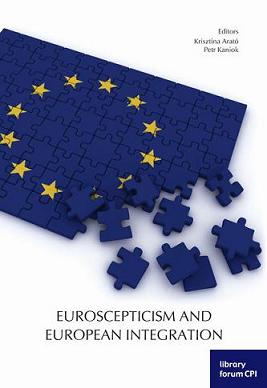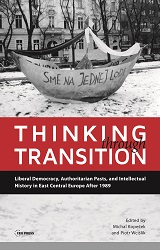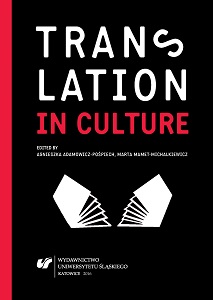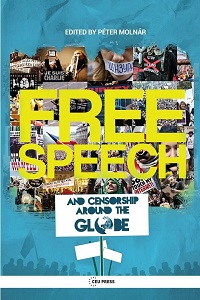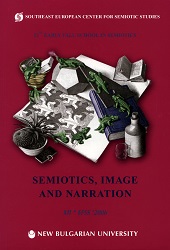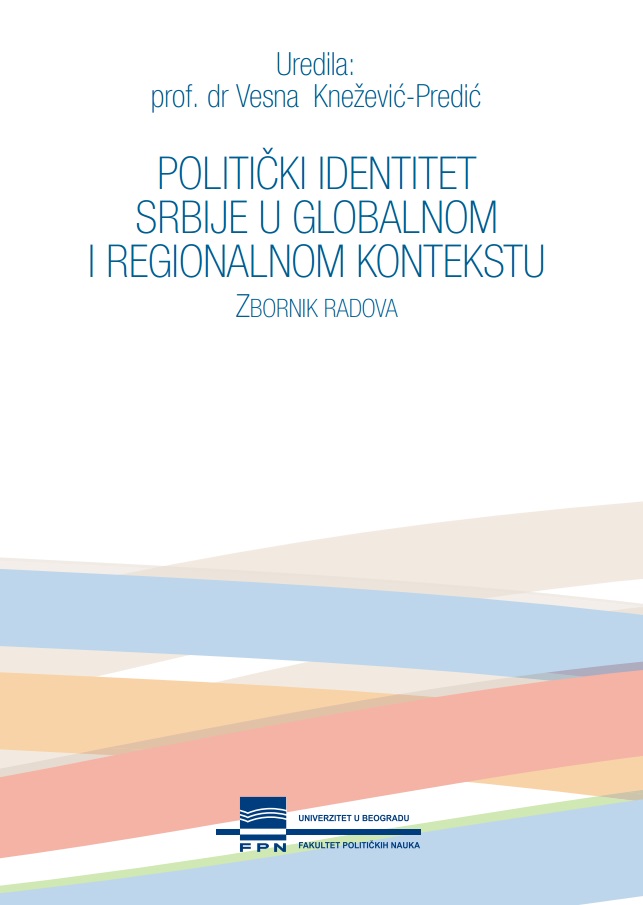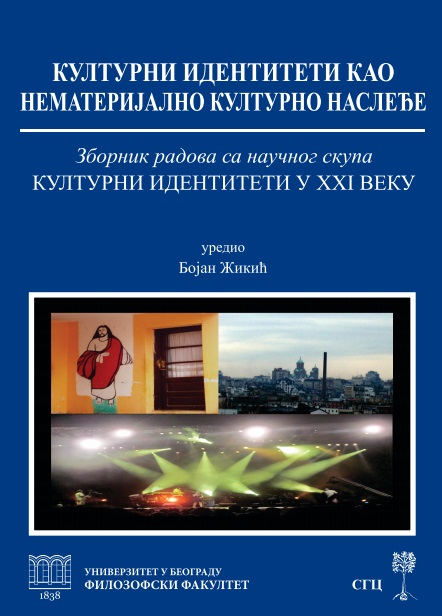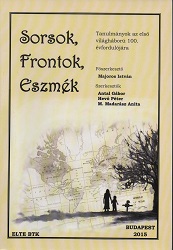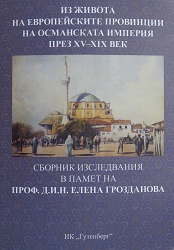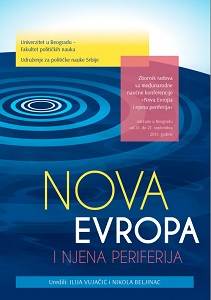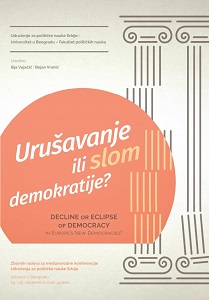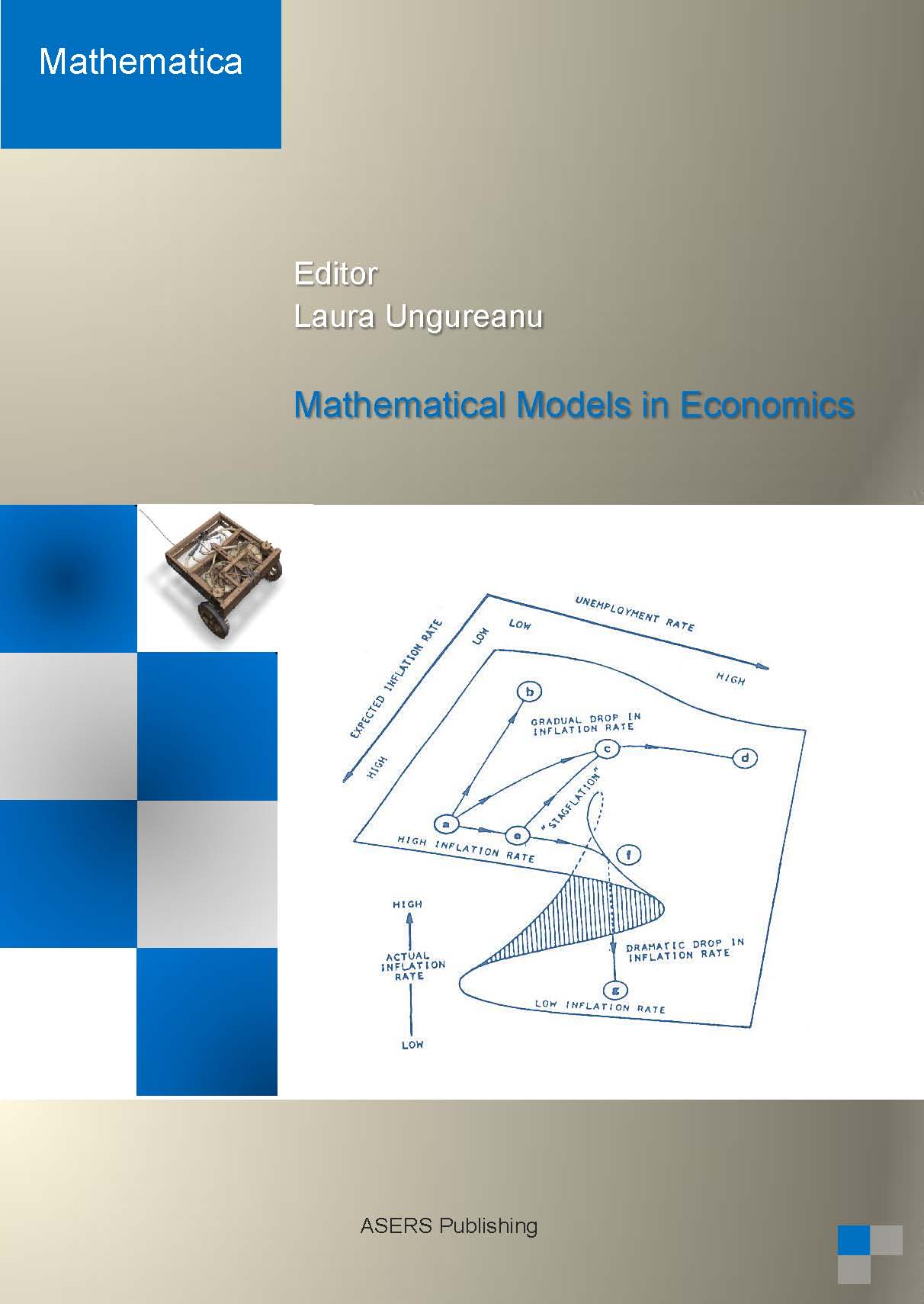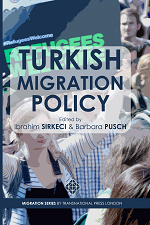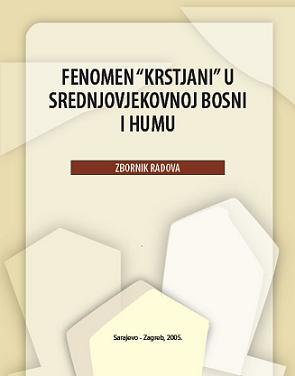
'Krstjani' of Bosnia and Hum in the Correspondence of Dragutin Prohaska and Vatroslav Jagić (1909-1910)
Bosansko-humski krstjani u korespondenciji Dragutina Prohaske i Vatroslava Jagića (1909. - 1910.)
As a part of Prohaska’s letters to his mentor Vatroslav Jagić in Vienna in the mentioned period shows, this contribution follows the creation of Prohaska’s book from 1911 Das kroatisch-serbische Schrifttum in Bosnien und der Herzegovina and its third chapter on Bosnian Bogomils. Upon examination of the sequence and content of those letters, one can discern Prohaska’s plans and accomplishments in the sphere of Croatian and Slavic studies, as well as his teaching activities. Therefore, the readers (philologists) themselves will, by vizualizing his letters, be able to offer their opinion on his scientific-research opus which is quite substantial for his time since he, more than once, effectively established his reputation at different levels: as a literary historian, literary critic, comparativist of Slavic literature, theater critic and founder of the magazine Hrvatska njiva. Prohaska writes of all this in his other letters to Vatroslav Jagić.
More...
